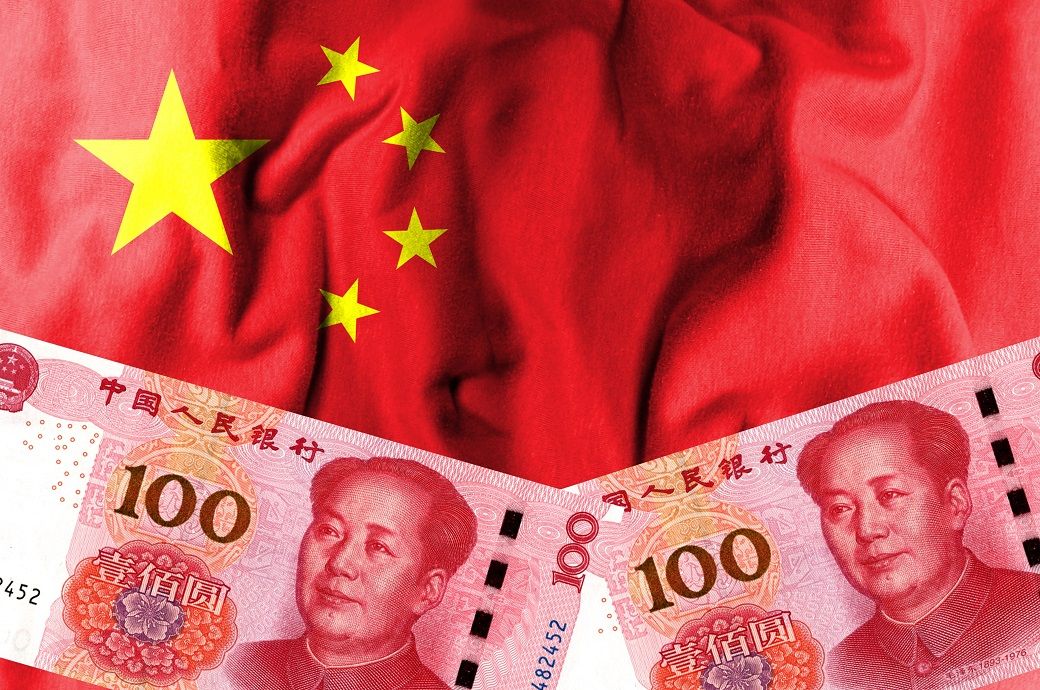The package includes interest rate cuts, injection of liquidity, expanded refinancing tools and targeted support for key sectors such as small businesses.
China’s central bank today announced a package of regulatory, monetary and market-oriented policies aimed at stabilising the market, uplifting expectations and reinforcing economic momentum.
The package includes interest rate cuts, liquidity injection, expanded refinancing tools and targeted support for key sectors.
The reserve requirement ratio will be cut by 50 bps from May 15.
The central bank will cut the reserve requirement ratio (RRR) for financial institutions by 0.5 percentage point (pp) starting May 15, expecting to provide about 1 trillion yuan ($138.9 billion) in long-term liquidity, PBOC governor Pan Gongsheng told a press conference.
Key policy rates will also be reduced, including a 10-basis-point cut in the 7-day reverse repo rate from 1.5 per cent to 1.4 per cent, and a 25-basis-point cut in interest rates for structural monetary policy tools.
Interest rates for individual housing provident fund loans will also be lowered by 25 basis points, and structural tools will be scaled up as well, with expanded refinancing facility to support technological innovation, consumer services, and rural development, Pan said.
The National Financial Regulatory Administration (NFRA) would introduce a series of financing mechanisms that align with the new model of real estate development to help consolidate the stability of the real estate market, its head Li Yunze announced.
He also pledged to expand the scope of long-term insurance fund investment, aiming to inject more incremental capital into the market. A policy package will also be unveiled to strengthen financing support for small and private enterprises, state-controlled media outlets reported.
China Securities Regulatory Commission (CSRC) will deepen cross-border regulatory cooperation to foster a stable, transparent and predictable environment for Chinese companies operating overseas, its chairman Wu Qing said.
For listed companies significantly affected by the US reciprocal tariffs, Wu said CSRC will adopt a more flexible regulatory approach in areas like equity pledges, refinancing and the use of raised funds, helping them navigate operational challenges.
Fibre2Fashion News Desk (DS)


